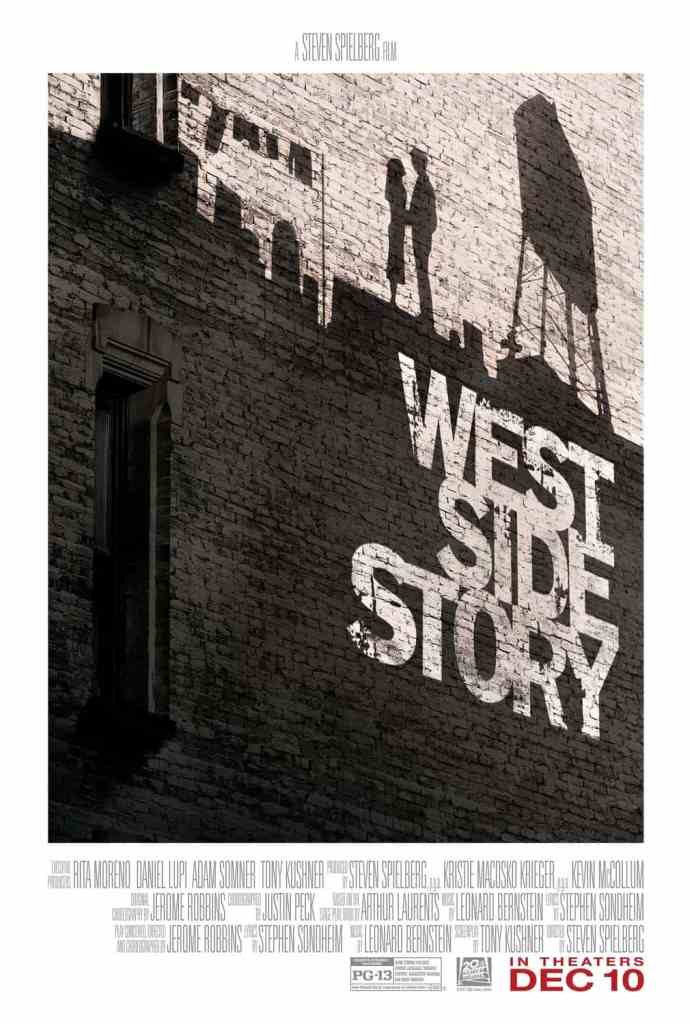The Fallout, which premiered on HBOMax way back in January, opens with a scene of a sandwich being made. It’s a peanut butter sandwich but the person making it is putting way too much peanut butter on the bread. The kitchen counter is a mess. The knife looks dirty. To be honest, it’s kind of sickening to watch.
No, the film is not about the sandwich. In fact, the sandwich never appears again. But I have to admit that sandwich represents the entire film to me. That scene, I think, is meant to tell us that we’re watching a film about real people and sometimes, real people prepare disgusting food in a cluttered kitchen. And that’s true. Then again, sometimes they don’t and that’s something that some filmmakers don’t want to acknowledge. Indeed, there’s something rather condescending about the cinematic belief that being authentic is the equivalent of being a slob. It’s an interesting phenomena how a film can try so hard to be “real” that it instead becomes the opposite.
The Fallout certainly deals with an important subject. Vada Cavell (Jenna Ortega) goes to high school on a day like any other day and, without warning, finds herself in the middle of a school shooting. The shooting itself is handled well. We don’t see the shooter nor do we learn anything about him. We just hear the gunshots while Vada, Mia Reed (Maddie Ziegler — yes, of Dance Moms fame), and Quinton (Niles Fitch) hide in a bathroom stall. It’s a terrifying scene and it immediately reminded me of what it was like when I was in high school and I would see stories about school shootings and wonder if my school was going to be next.
The rest of the film deals with the emotional, political, and mental fallout of the shooting. Quinton struggles with the death of his brother. Vada’s best friend, Nick (Will Ropp), becomes a self-righteous David Hogg type. And Vada starts spending all of her time with Mia, a dancer and influencer whose Dads are in Europe and apparently can’t even be bothered to come back to the States even after their daughter is involved in a school shooting. Vada, who has a total crush on Mia, starts hanging out at Mia’s mansion. Mia is happy to finally have a friend that she can talk to, even if Vada is kind of annoying.
(The whole thing with the Dads being in Europe and Mia living alone in her mansion feels a bit too convenient, to be honest.)
The film is dealing with important issues, which is one reason why it’s gotten so many good reviews. This is one of those films that many people feel obligated to like because otherwise, they might run the risk of being told that they don’t care about school shootings. But, honestly, the film doesn’t really have that much to say. It hits all of the expected beats and, as much as the film tries to make everything messy and real, it often seems like it’s trying too hard. Of course, Vada is going to use drugs to get through her first day back at school. Of course, Vada’s father is going to encourage her to shout out her frustrations at the top of her lungs. Of course, Vada’s mother is going to be remote and controlling. Of course, her little sister is going to have a breakdown. Of course, her best friend is going to get mad at her for not wanting to get involved with his nascent political career. Of course, there’s going to be an absolutely cringey moment where Vada starts talking a mile a minute just because she smoked one joint. To be honest, I’ve never seen anyone react to weed quite the way that Vada does. She’s like the person who gets drunk off half a beer and then won’t stop talking. It’s freaking annoying. Throughout the film, there are occasional moments that work but, ultimately, it’s never quite as insightful as it obviously believes itself to be.
Jenna Ortega does give a good performance as Vada. As written, the character is often annoying but, then again, the same can be said of most people and one can only imagine what Vada would have been like without Ortega’s likable screen presence. The film is pretty much stolen, though, by Maddie Ziegler. Ziegler reveals the lonely reality behind the influencer façade. Since Ziegler is herself a dancer and an influencer, she brings a lot of her own persona to Mia but, at the same time, she also makes Mia into a believable character who has a life and an existence that’s separate from the actress playing her. After The Book of Henry and Music, The Fallout actually gives Ziegler a chance to prove that she can act as well as she can dance.
As opposed to Gus Van Sant’s Elephant or Fran Kranz’s Mass, which both that the courage to acknowledge that violence and its consequences can never be truly understood or easily defined, The Fallout tries too hard to find definitive meaning in an incomprehensible tragedy. For all of its good intentions and its attempts to be realistic, there’s a shallowness at the heart of The Fallout that keeps it from working.


